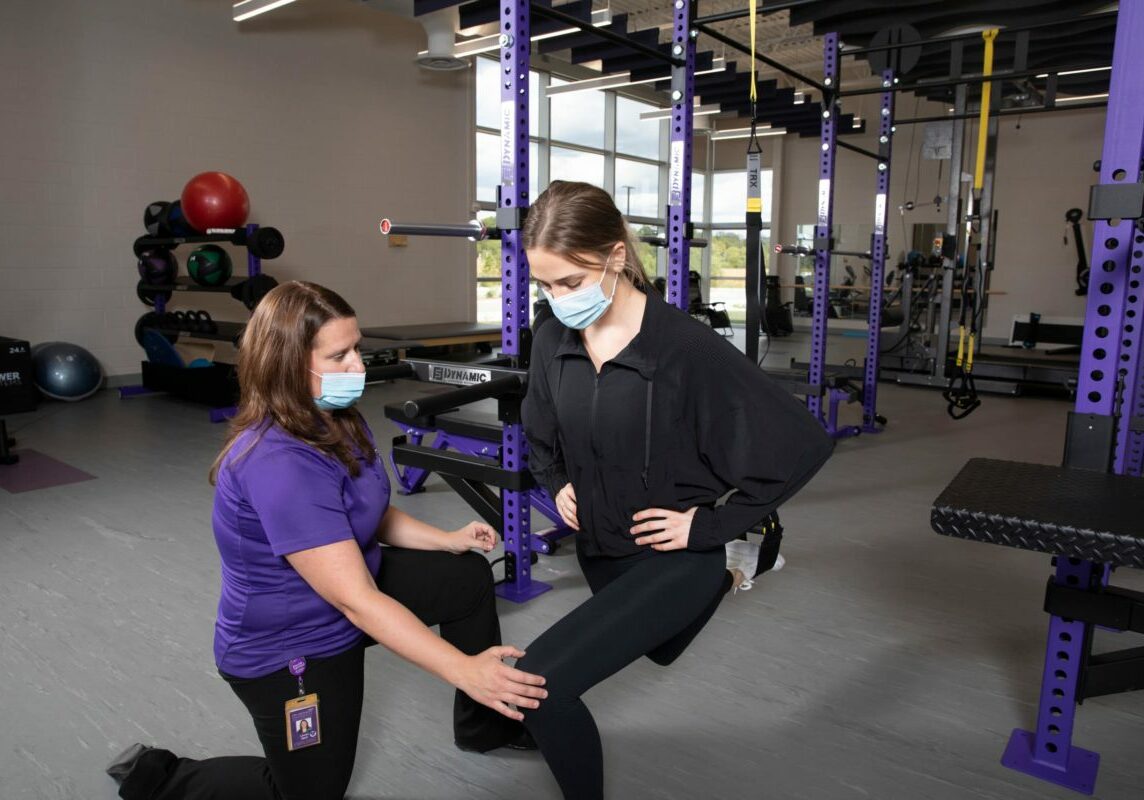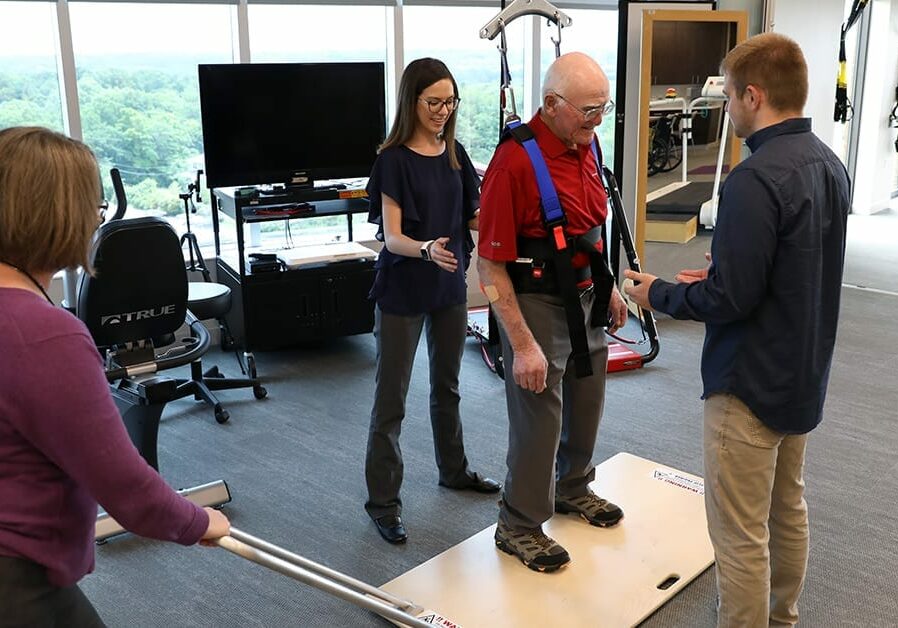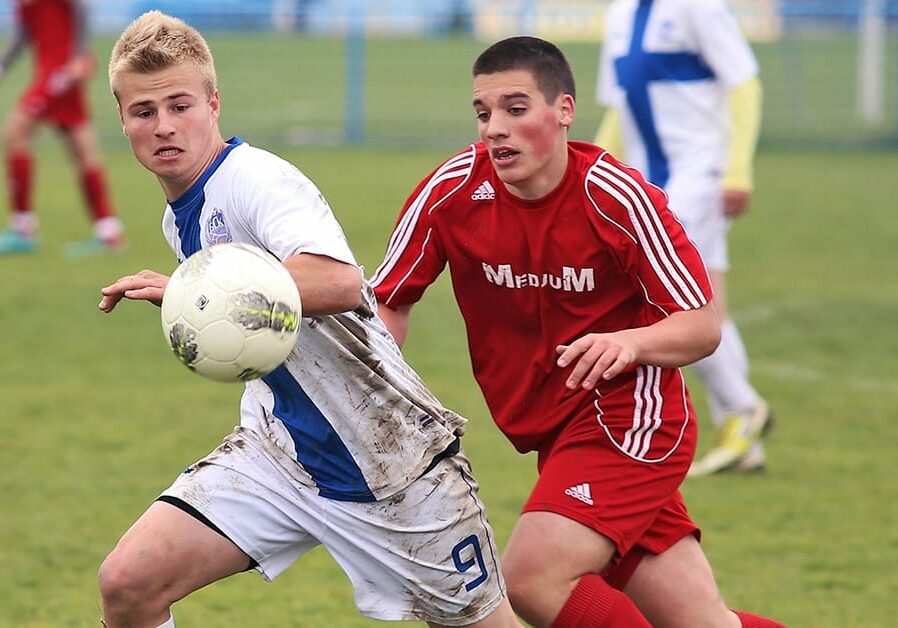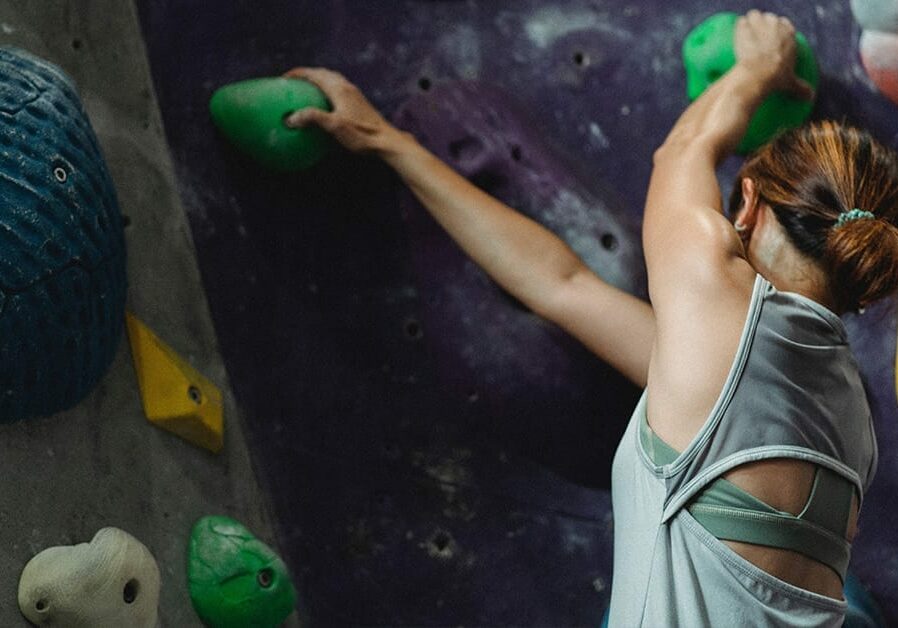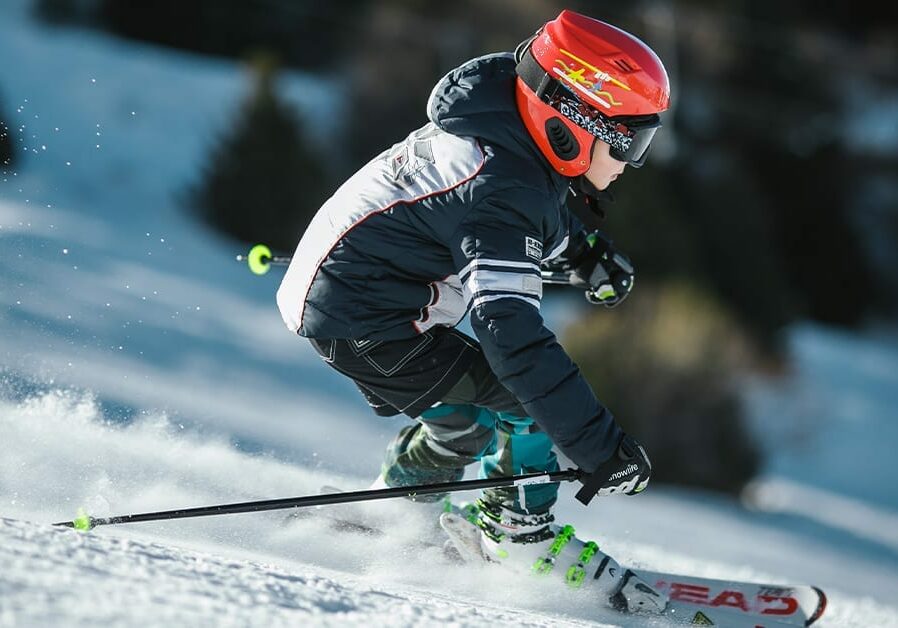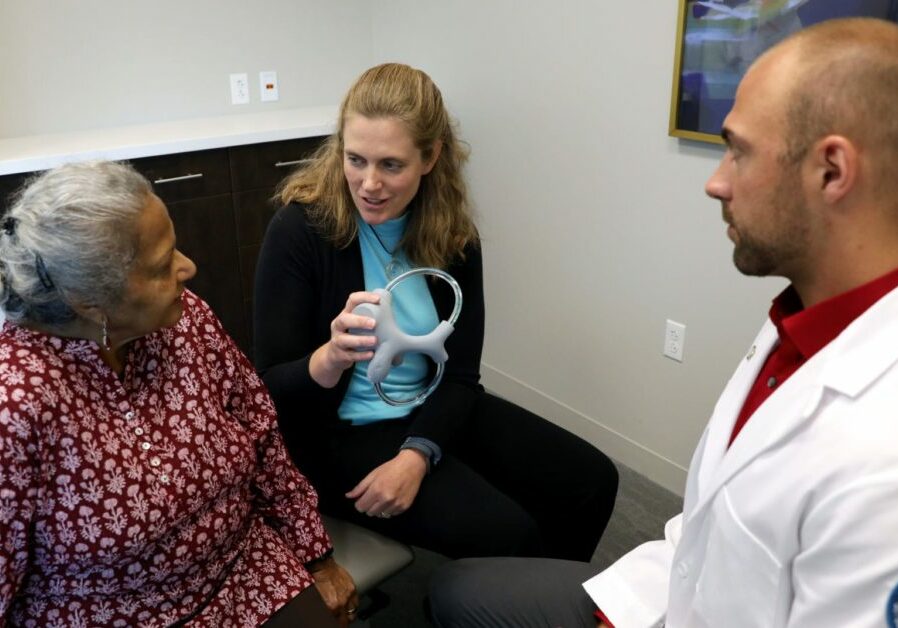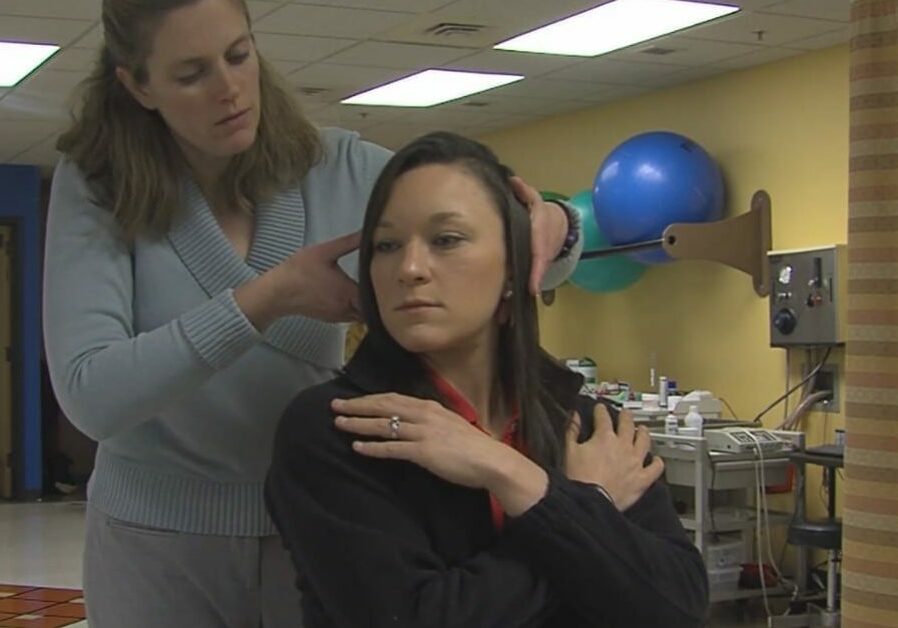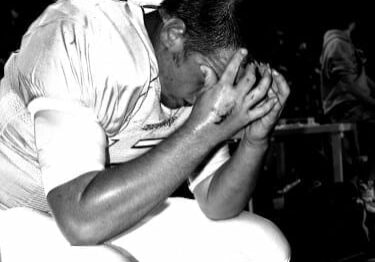Vestibular rehabilitation
The organs in your inner ear make up the vestibular system and sense the position of your head in space. The vestibular system works together with your vision and somatosensory system (the position sense you gain from your feet on the ground), to send information to your brain to manage balance. If any system is not working, it impacts your balance and makes you feel unsteady.
Vertigo symptoms and treatment
Vertigo is the symptom that implicates the vestibular system. It is different than dizziness, the feeling of lightheadedness or being unbalanced. Vertigo is a feeling of spinning, and is often due to malfunction in the inner ear (Benign Paroxysmal Positional Vertigo), nervous system (Vestibular Hypofunction) or many other different factors.
Our therapists are specially trained in management of vestibular dysfunction. The patient will receive a comprehensive evaluation to determine the type and probable cause of dysfunction. Treatment may include special positioning techniques to improve the flow of fluid in the semicircular canals of the inner ear and exercises to the head, neck and eyes to challenge the brain to overcome the vertigo sensation. If possible, patients will progress to higher level balance activities to challenge their vestibular, visual, and somatosensory system to return them to full function.
| Appointments | 515-271-1717 |
|---|---|
| Hours | Monday - Friday from 7 a.m. to 5 p.m. |
| Location | 3200 Grand Avenue, Des Moines, IA 50312 |
DMU physical therapy providers serve with expertise and an entrepreneurial spirit
On a given day, Lauren Mach, P.T., D.P.T., ATC, CCVT, might be working with a member of the Iowa Phoenix, the state’s only female tackle football team, or a Wombat, a member of a Des Moines men’s rugby team. She […]
Falls and Concussions in Older Adults
“Help, I’ve fallen and can’t get up.” Many of us have heard this catchphrase from the Life-Alert commercials, but for some older adults these commercials touch on a very real fear: falling. Falls are the leading cause of fatal and […]
Returning to Physical Activity After a Concussion
While concussions are often considered a sports injury, they can occur any time a force acts upon the head. Avoiding physical or mental exertion has historically been the prescribed treatment plan for individuals recovering from a concussion, but research has shown […]
7 Concussion Myths and Misconceptions
This article was co-authored by Des Moines University students Brittney England, D.P.T.’21 and Jordan Wachter, D.P.T.’21. Concussions are a hot topic in our society that affects children, athletes, and adults of all ages. Understanding the best care and treatment is […]
Concussions: What do parents need to know?
Concussions are defined as a traumatic brain injury usually caused by a blow to the head, whiplash, or an abrupt stop of the head. What is a concussion? Contrary to what you may have heard, concussions are not “brain bleeds.” […]
Is a vestibular disorder making your head spin? DMU Physical Therapy Clinic can help
Do you suffer from dizziness, vertigo, lightheadedness or imbalance? Is it affecting your quality of life? You may be among the estimated 69 million Americans ages 40 and older who have vestibular disorders, which also can affect people of any […]
Exercise your inner ears to alleviate vertigo and balance issues
Your ears play a major role in balance and movement. The organs in your inner ear make up the vestibular system and sense the position of your head in space. The vestibular system works together with your vision and somatosensory […]
Spotting the signs of a concussion
Back to school time means back to sports for kids of all ages. Participating in a sport always brings a risk of injury, none more serious than head injuries. A serious blow to the head can shake the brain around […]

